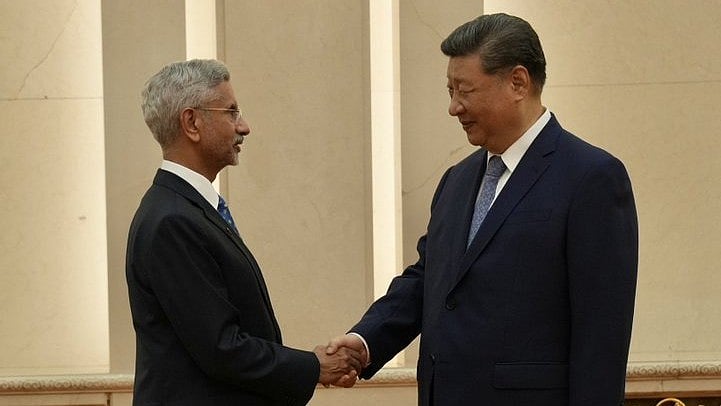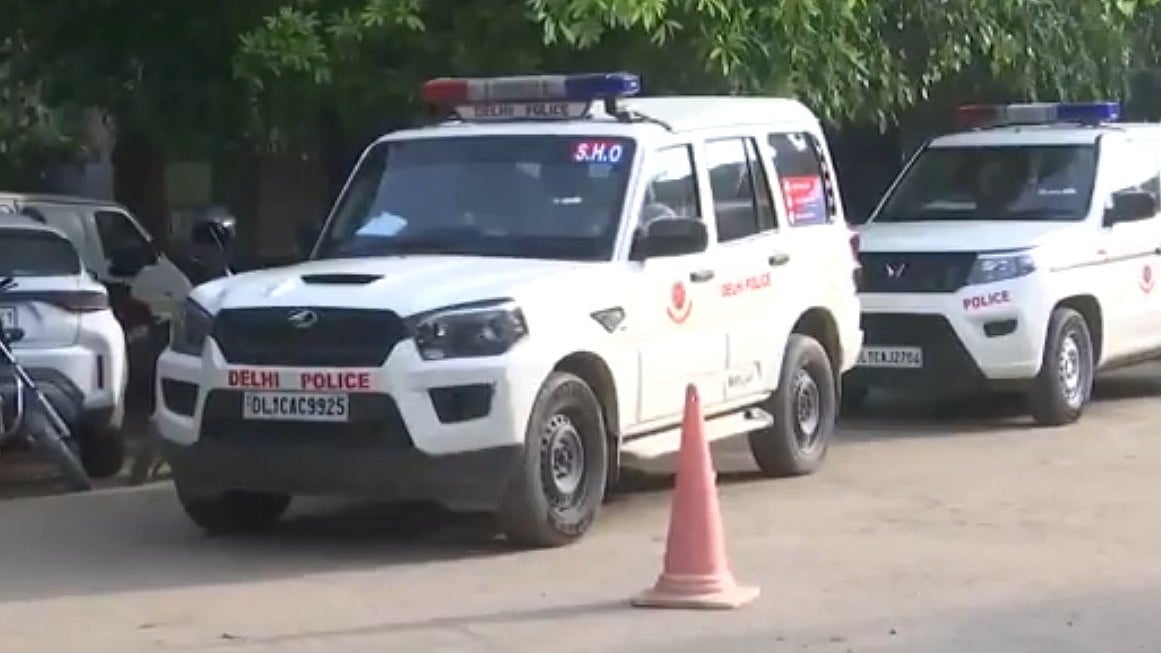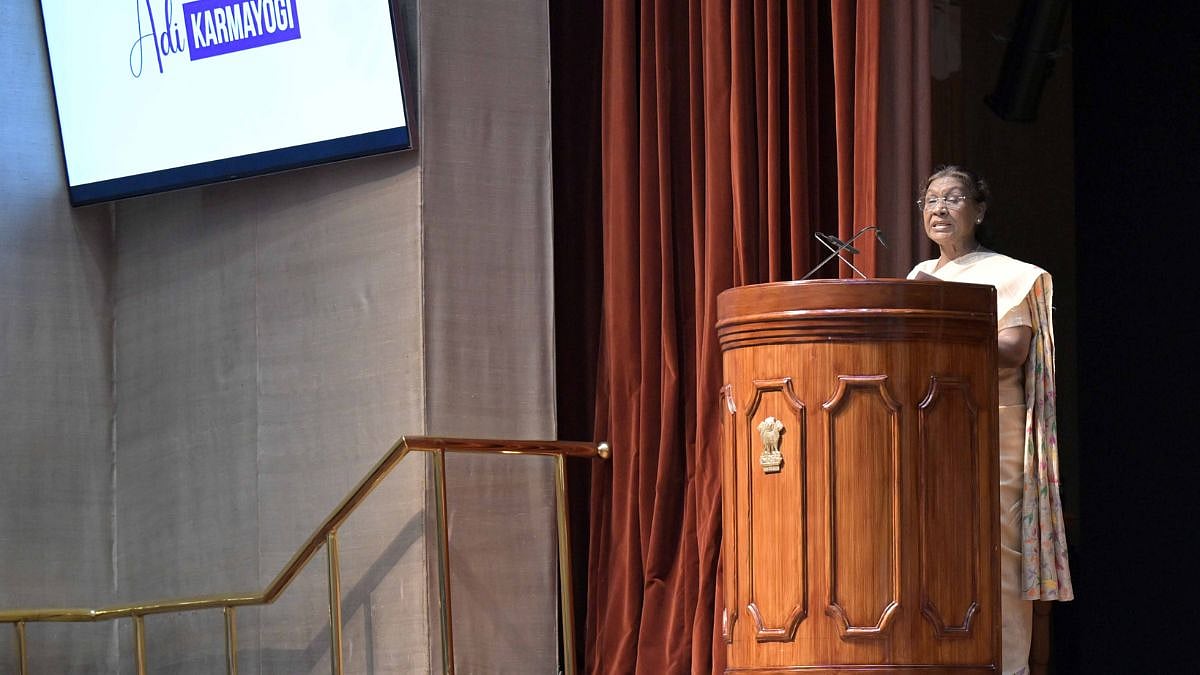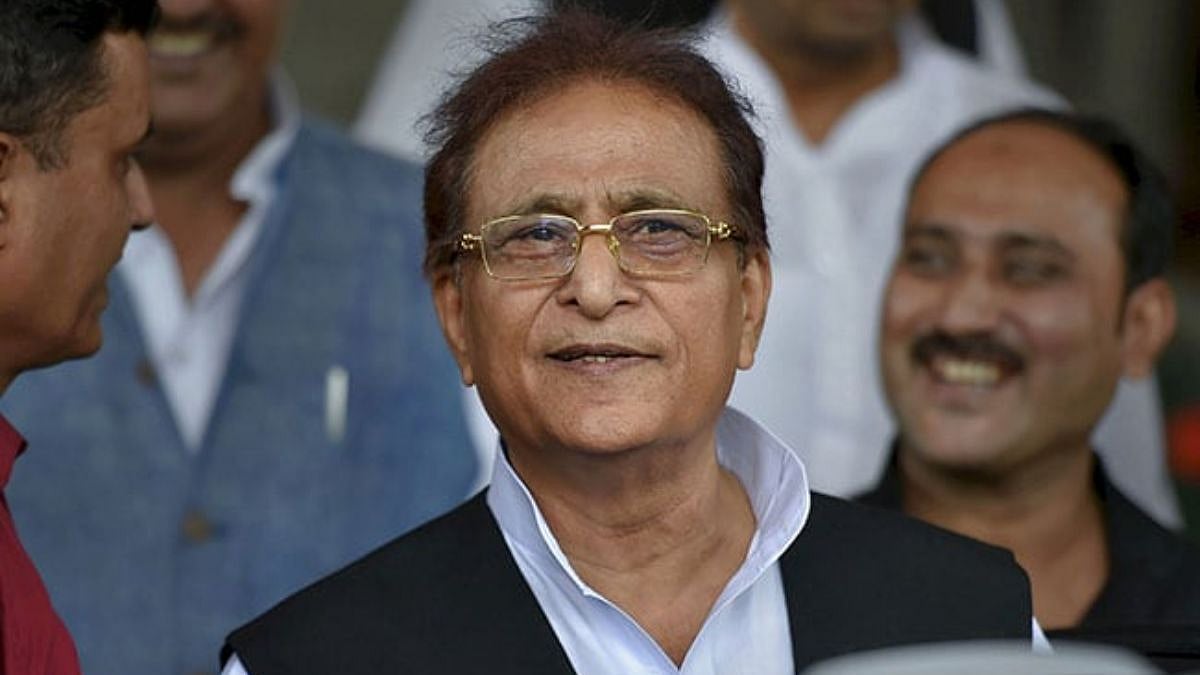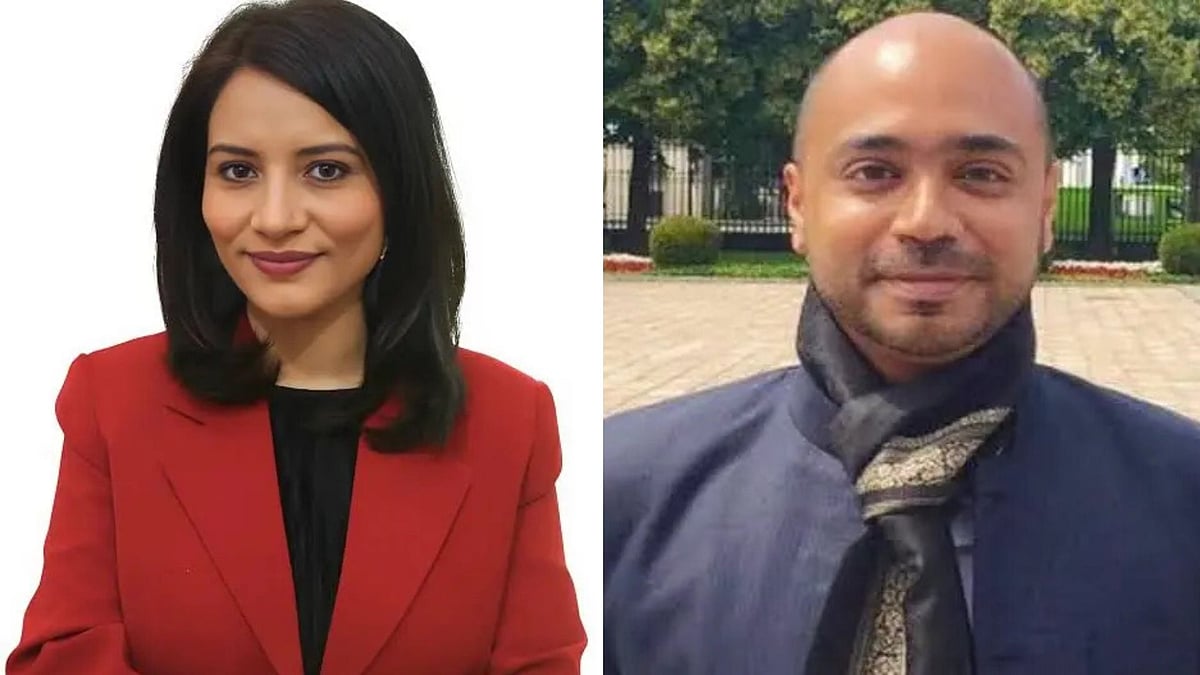New Delhi: External Affairs Minister S Jaishankar’s visit to China has raised speculation about a possible thaw in relations post-Galwan. Visiting China after five years for the SCO Council of Foreign Minsters' Meeting, Jaishankar apprised Chinese President Xi Jinping on Tuesday of the recent developments in bilateral ties. He also met his Chinese counterpart, Wang Yi. He stated on X that ties could move towards a “positive trajectory,” and India remained committed to “ensuring good outcomes and decisions.”
About The Developments
The developments come after foreign secretary Vikram Misri met Chinese vice-foreign minister Sun Weidong in New Delhi (on June 23) while NSA Ajit Doval met Wang in Beijing, where both sides called for an “overall development” in ties. MEA officials said Wang was expected to visit India in July, ahead of PM Narendra Modi’s visit to China in September for the SCO summit.
The visits coming after Operation Sindoor seem to have created the optics for a thaw in strained ties. Jaishankar alluded to the changing nature of the relationship when he stated during his meeting with Chinese vice-president Han Zheng that “our bilateral relationship, as you have pointed out, has been steadily improving since the meeting between PM Modi and President Xi in Kazan last October". Challenges remain, though.
Experts point out that the number of visits by Indian ministers remains within the context of the SCO, and the lack of bilateral visits suggests little has changed. The refusal of Rajnath Singh to sign the SCO draft agreement after it omitted a reference to the Pahalgam terror attack, but mentioned the Jaffar Express hijacking in Pakistan, suggested that areas of friction remain.
Ashok Kantha, a former envoy to China, cautioned FPJ against reading too much into the SCO-related visits. The meetings emphasised India’s interest in maintaining its presence in various plurilateral platforms, he said. He said, “It’s a process of reengagement with China because, for nearly close to five years, we didn’t have high-level contacts except on the margins of multilateral conferences and one Wang Yi visit. So things were put on the back burner until the situations along the borders had stabilised."
“It was never meant to be a rapid return to normal relations," he added, and pointed out that China’s announcement of a mega-dam project on Yarlung Tsangpo River in Tibet was made without consultation with India. This, coupled with the fact that Chinese military hardware was used in Operation Sindoor.
